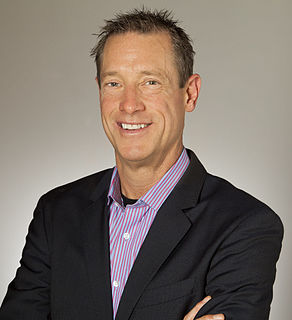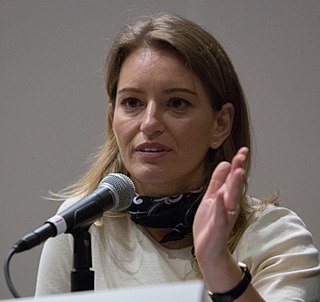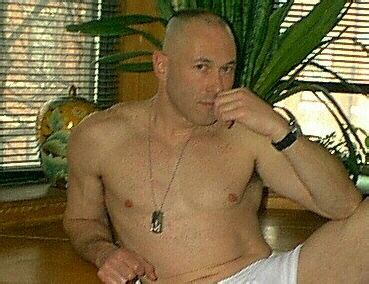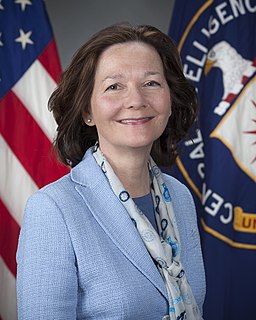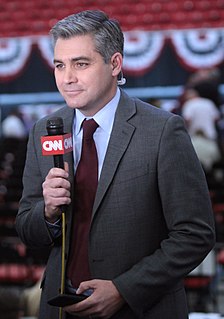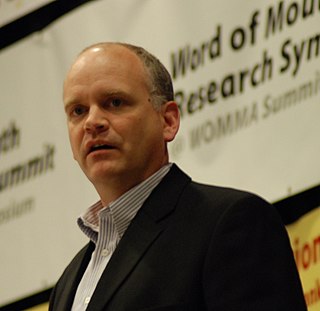A Quote by Joey Skaggs
Most reporters who come to me get their stories directly from press releases. Very few do what one would consider to be their professional duty.
Related Quotes
If you are a marketing professional who wants to reach your buyers directly, many experts will say that the media is the only way to tell your story, and that press releases only to reach journalists - not your buyers directly. They'll say that bloggers are geeks in pajamas who don't matter. They are wrong.
A few years ago I lost one of my dearest friends. He died at age 53 - heart attack. David is gone, but he was one of my very special friends. I used to say of David that if I was stuck in a foreign jail somewhere accused unduly and if they would allow me one phone call, I would call David. Why? He would come and get me. That's a friend. Somebody who would come and get you.
The UN was very media-shy, and its relationship with the press was very controlled; although periodically I spoke to the press, the rule was, only the secretary-general speaks to the press; only the secretary-general makes... So you would see many situations where under-secretaries-general would come in and speak. I opened that, and I encouraged all of them to speak in their areas, whether it was peacekeeping or humanitarian efforts.
When a very tough, old school leader announced that I was his pick to be Chief of Station in a small but important frontier post, a few competitors complained to me directly 'why would they send you?' I owe that leader much for believing in me at a time when few women were given these opportunities.
HELMER; But this is disgraceful. Is this the way you neglect your most sacred duties? NORA: What do you consider is my most sacred duty? HELMER: Do I have to tell you that? Isn't it your duty to your husband and children? NORA:I have another duty, just as sacred. HELMER: You can't have. What duty do you mean? NORA: My duty to myself.
I used to get great press. I get the worst press. I get such dishonest reporting with the media. I've never had anything like it before. It happened during the primaries, and I said, you know, when I won, I said, "Well the one thing good is now I'll get good press." And it got worse. So that was one thing that a little bit of a surprise to me. I thought the press would become better, and it actually, in my opinion, got more nasty.
Yes, Barack Obama had his clashes with the press. I witnessed those first-hand covering the second term of his administration. But we did not have Barack Obama on almost a weekly basis referring to the press as the enemy of the people and accusing reporters of treason and calling legitimate stories fake news.

